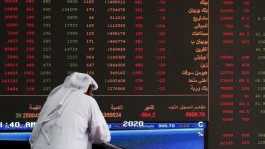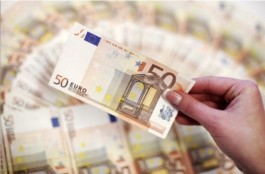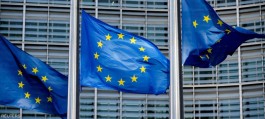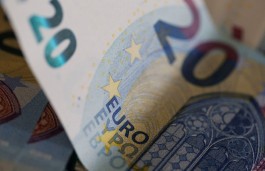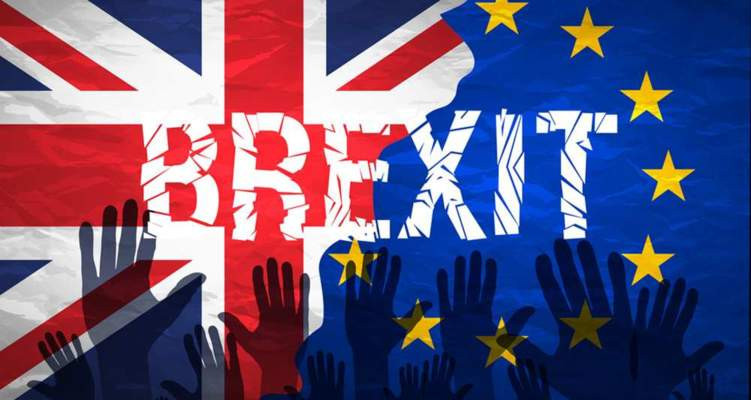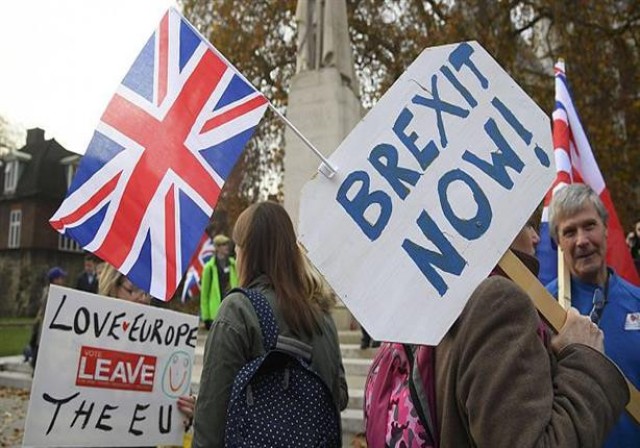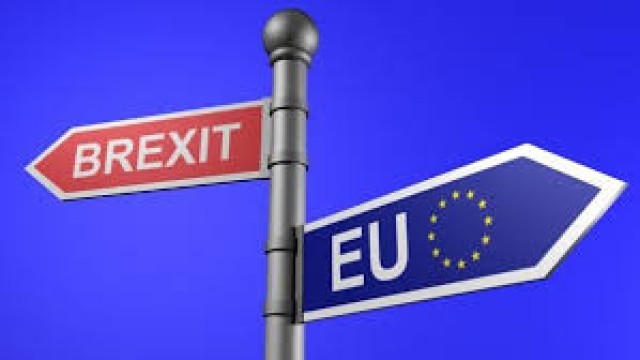Finally, the curtain fell on the story of Brexit, and this stalled birth ended with a trade agreement between Britain and the European Union after months of tug of war. But the British economy is not lucky that a process will take place Exiting at a time of severe suffering from the repercussions of the Corona virus
and with a happy ending for the Brexit node whose story began in 2016, Britain and the European Union reached an agreement governing commercial relations between the two parties days before the end of the Brexit transition at the end of the year The past, avoiding the specter of a difficult exit without a deal, which would have hit the UK economy exhausted by the epidemic in killing
In addition to the agreement on fisheries, competition rules, etc., the importance of this deal for the British economy stems from the fact that the goods traded between the European Union and the United Kingdom will not be exposed to new tariffs or quotas. The bloc buys more than 40% of Britain’s exports and provides more than half of its imports. Nevertheless, economists warn that the costs of Britain’s exit from the European Union are still large and will hinder the UK’s economy in particular for years to come.
In order to clarify the picture further, we need to take a look at the state of the British economy before the repercussions of the Brexit process, because any economic pain in the near term will overwhelm the expected recovery from A year of unprecedented lockdown to contain the outbreak of the Coronavirus
The UK economy is expected to contract at the largest pace in 300 years by about 9.8% in 2020, due to the repercussions of Corona, before growing by 5.9% in 2021, according to The latest estimates by the International Monetary Fund, but the situation may be worse, especially with the spread of a new strain of the virus in Britain and the return to complete closure for the third time, which reduced hopes that the vaccine would contribute to a rapid halt to the spread of the epidemic.
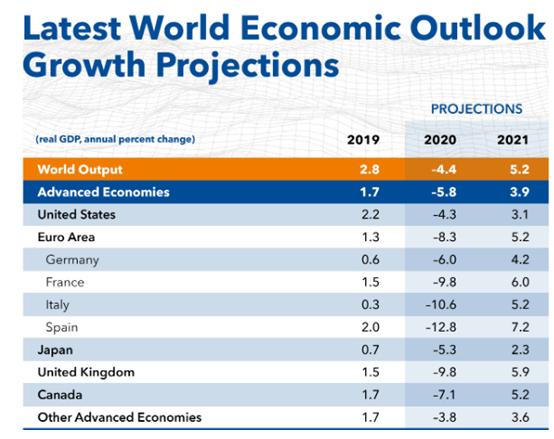
and although the trade agreement is much better than difficult Brexit, it will not make rosy expectations for the British economy, it is not that easy, as entering into a new customs system ends the arrangements Commercialization that has been in place since the 1970s, regardless of its advantages or disadvantages, risks disruptions in the ports and even shortages of food in supermarkets, and may immediately translate into weak economic growth and a rise in prices.
The British government estimates that the trade deal that has been agreed upon would make the country's GDP 5% lower in 15 years than if Brexit had not occurred. From the European Union, but the UK avoided the worst, because without such a deal, economic growth is estimated to be 7.6% lower.
Indeed, the UK economy will still face major challenges after its completion ...









